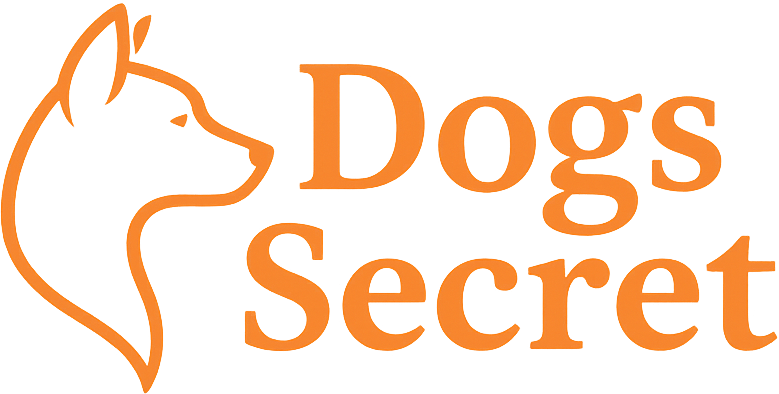As dogs age, their nutritional needs change—and feeding them the same diet they thrived on as puppies or adults may no longer be ideal. A proper senior dog diet can help manage weight, protect joints, support organ function, and increase quality of life and longevity.
In this guide, we’ll break down exactly what older dogs need in their diet, what to avoid, and how to feed your senior dog for health, comfort, and a longer life.
When Is a Dog Considered “Senior”?
While it varies by breed and size, dogs are typically considered seniors at:
- Small breeds: 10+ years
- Medium breeds: 8+ years
- Large breeds: 7+ years
- Giant breeds: 5–6 years
Signs your dog is entering the senior stage include slowing down, gray hairs, reduced endurance, or age-related health conditions.
Why Senior Dogs Need a Different Diet
Aging affects metabolism, muscle mass, digestion, and immune response. A senior diet should help:
- Maintain ideal weight
- Preserve muscle mass
- Support joint health
- Boost immune function
- Protect kidney and heart function
- Prevent cognitive decline
Key Nutrients for Senior Dogs
✅ High-Quality Protein
Older dogs actually need more protein than younger adults to maintain muscle and prevent frailty—but it must be easy to digest.
Look for:
- Named animal proteins (chicken, fish, turkey, lamb)
- Lean, bioavailable sources
- Avoid: unnamed by-products or low-protein, high-carb diets
✅ Joint-Supporting Nutrients
- Glucosamine and chondroitin for cartilage health
- Omega-3 fatty acids (EPA, DHA) to reduce inflammation
- Green-lipped mussel, turmeric, or collagen in specialized senior formulas
✅ Lower Calories (If Needed)
Slower metabolism and reduced activity mean some seniors need fewer calories to avoid weight gain.
- Choose weight control formulas if needed
- Avoid excess fat and fillers
- Still prioritize nutrient-dense food, not just low calorie
✅ Digestive Support
- Probiotics and prebiotics help with digestion and nutrient absorption
- Fiber helps with regularity and colon health
- Easily digestible ingredients reduce stomach upset
✅ Antioxidants for Brain and Immune Health
- Vitamins C and E
- Beta-carotene
- L-carnitine
- Fruits and vegetables (blueberries, spinach, pumpkin)
These nutrients can slow cognitive aging and boost immune defense.
Foods to Avoid in a Senior Dog Diet
- High-fat or high-sodium foods (can strain kidneys or heart)
- Sugary treats or table scraps
- Grain-free fad diets (unless prescribed by vet)
- Raw food without veterinary guidance (due to weakened immune system)
- Excess calcium or phosphorus (may worsen kidney function)
Choosing the Right Senior Dog Food
Look for a label that says “Senior Formula” or “Mature Adult”, and make sure it:
- Meets AAFCO standards for senior maintenance
- Is made by a trusted, transparent brand
- Matches your dog’s breed size and health condition
Vet-recommended senior formulas:
- Hill’s Science Diet Senior
- Royal Canin Aging Care
- Purina Pro Plan Bright Mind
- Eukanuba Senior Maintenance
- Farmina N&D Senior
Special Considerations for Aging Dogs
🐶 Dental Issues
Switch to softened kibble, wet food, or add warm water/broth if chewing becomes difficult.
🐶 Kidney or Liver Conditions
Ask your vet about prescription diets with controlled phosphorus, protein, and sodium.
🐶 Cognitive Decline
Diets with MCT oil, antioxidants, and DHA may help slow symptoms of canine cognitive dysfunction (doggy dementia).
Tips for Feeding Senior Dogs
- Feed smaller, more frequent meals if digestion is slower
- Monitor weight and muscle tone monthly
- Always provide fresh water and encourage hydration
- Transition to new food slowly over 7–10 days
- Schedule regular vet checkups (every 6 months for seniors)
Conclusion
Feeding your senior dog the right diet is one of the best ways to keep them active, comfortable, and healthy well into their golden years. With the right balance of nutrients, digestive support, and joint care, you can help your older dog live not just longer—but better.
Want a printable senior dog feeding checklist or food comparison chart? Visit our Senior Dog Nutrition Center for expert tools and recommendations.

